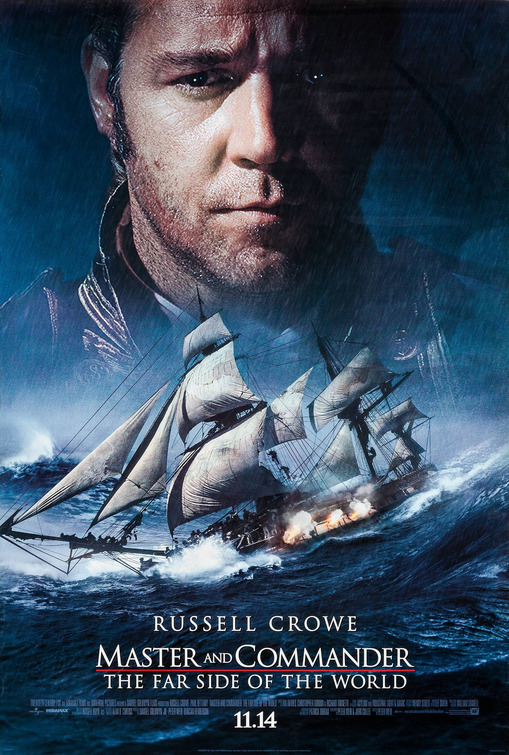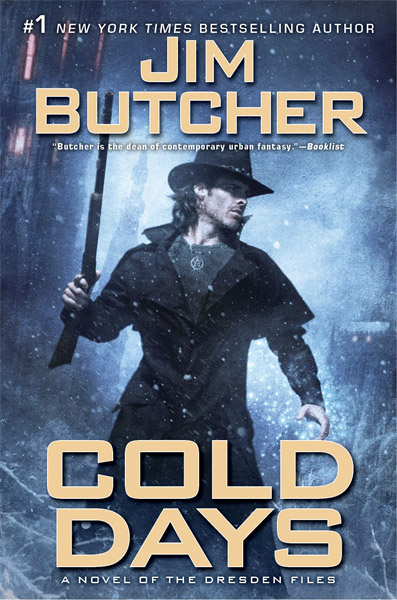 I am fond of historical novels, particularly those concerning naval history and the Napoleonic wars. I mean, boats, winds, sailing. The search for honor and adventure in the midst of the blue sea – it appeals to my imagination.
I am fond of historical novels, particularly those concerning naval history and the Napoleonic wars. I mean, boats, winds, sailing. The search for honor and adventure in the midst of the blue sea – it appeals to my imagination.For me, it started with the film Master and Commander, and the more or less faithful account it gives of life in Nelson’s navy - it convinced me to try Patrick O’Brian and the Aubrey/Maturin series. Now, I’ve sailed a few times in my life, and know the difference between bow and stern, but O’Brian, in my opinion, loses the plot in the midst of the nautical details. So, I moved on to C. S. Forester and Horatio Hornblower – a nice enough series (and so very educational – I learned more than I ever thought to know about sailing a 19th century frigate) but the central character is too cold, too rational, to be entirely likable – so it was entertaining but left something to be desired.
It all came together, for me, with Dudley Pope’s 18 book series featuring Nicholas, Lord Ramage and his career from Lieutenant to captain of a Ship of the Line in the East Indies and the Mediterranean. It starts with Nicholas, still a lieutenant, being woken by the crew of a frigate under attack because he is the last surviving officer. From then on, action follows action – luck and skill playing equal parts in the plot. One interesting point (and originality of the series) is that Nicholas has to face, in addition to the enemy, various political plots in the Navy from his family’s enemies among the hierarchy. Indeed, his father, the Earl, was disgraced by these men, and Nicholas is constantly at risk, his every decision double and triple-checked. But he prevails against his enemies, as any hero worth his salt must, and emerges vindicated from it all, to fight and command another day.
 Dudley Pope is a scholar – his descriptions of ships, rules, regulations, crews and ports are detailed and accurate (in fact, many of the actions described are based on real events), if sometimes a little long winded. But what I enjoyed the most, and what I think makes the biggest difference in the series, are the characters. Nicholas Ramage, certainly – the heir of the Earl of Blazey, who grew up in Tuscany and learned knife-throwing from a Neapolitan servant. At ease among lords, admirals and merchants or sharing a cell with his men. He is an interesting mix of intuition and wisdom and tactical genius, of aristocratic breeding and down to earth experience. The supporting character are also colourful and varied – Jackson, the American seaman serving in the British navy, Stafford, the cockney lock-pick who accompanies Nicholas in a dangerous spying mission and a number of others – my favourite is Sidney York, heir to a large merchant family and one of Nicholas closest friends. This care in populating the story with varied personalities from many origins and social classes is what made the difference for me – it made the story more human and more real than most naval histories. The fact that there are more details about the captain’s personal life doesn’t hurt, either – romantic entanglements, lost fiancées, damsels in distress. All is there, for our reading amusement.
Dudley Pope is a scholar – his descriptions of ships, rules, regulations, crews and ports are detailed and accurate (in fact, many of the actions described are based on real events), if sometimes a little long winded. But what I enjoyed the most, and what I think makes the biggest difference in the series, are the characters. Nicholas Ramage, certainly – the heir of the Earl of Blazey, who grew up in Tuscany and learned knife-throwing from a Neapolitan servant. At ease among lords, admirals and merchants or sharing a cell with his men. He is an interesting mix of intuition and wisdom and tactical genius, of aristocratic breeding and down to earth experience. The supporting character are also colourful and varied – Jackson, the American seaman serving in the British navy, Stafford, the cockney lock-pick who accompanies Nicholas in a dangerous spying mission and a number of others – my favourite is Sidney York, heir to a large merchant family and one of Nicholas closest friends. This care in populating the story with varied personalities from many origins and social classes is what made the difference for me – it made the story more human and more real than most naval histories. The fact that there are more details about the captain’s personal life doesn’t hurt, either – romantic entanglements, lost fiancées, damsels in distress. All is there, for our reading amusement.
